Dell EMC World: Michael Dell's 7 Keys To The Future Of Dell Technologies And The IT Industry
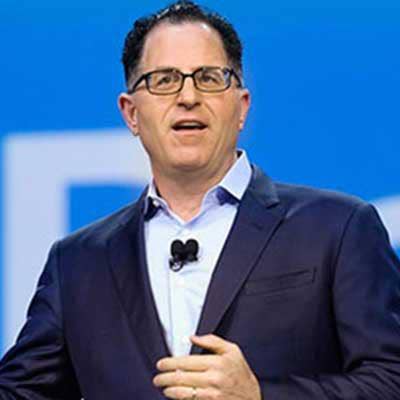
Texas Instruments
From the day Dell Technologies Chairman and CEO Michael Dell's father brought home an early calculator, he's been fascinated by the possibilities unlocked science and technology. Now, as the leader of the largest privately-held IT firm in the world, he still has his eyes fixed on the future.
In a keynote at the Dell EMC World conference in Las Vegas, Dell laid out the companies broad product portfolio for the more than 13,000 in attendance and gave insights into how that portfolio is positioned for the future of global business. As a boy, Dell saw the calculator as a way to "amplify my own intelligence and my own creativity," and the process is the same for all of humankind. "Fast forward 45 years and hundreds of thousands of moments just like that are driving human progress in profound ways."
Round Rock, Texas-based Dell Technologies is doing by using its private ownership structure to "innovate like a start-up with the scale of a global powerhouse," Dell said, and it's fueled by $4.5 billion in annual R&D spending, a powerful supply chain and "more powerful channel partners than any other technology company anywhere."
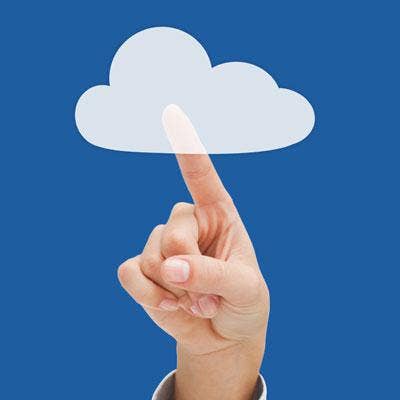
A 'Public Cloud First-and-Only Strategy' is Uncompetitive
"We will all consume IT in a variety of forms: public cloud, private cloud, hybrid cloud, software-as-a-service, managed services. It will all come down to optimizing workloads, securing them, managing them and moving them efficiently," Dell said. "If you have a public cloud first-and-only strategy, I think you're going to find yourself uncompetitive in the long run, because when on-prem systems are modernized, they become software-defined, which enables unprecedented levels of efficiency." Many customers have told Dell that public cloud is twice as expensive as on-premises solutions.
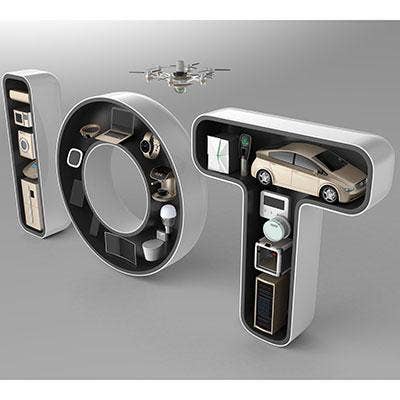
Businesses Need IoT, Cloud, Security Strategies
Dell said CEOs are eager to move their companies into a modern IT structure that allows them to operate more efficiently. "Every company wants to be a technology company, and every business unit wants to be a platform," Dell said. "Technology is a key enabler for every growth strategy and every productivity initiative," Dell said, and it requires strategies around IoT, cloud, and perhaps most importantly, security. IoT, Dell said allows companies to use the vast amounts of data they generate to design better products, improve operations and customer experience.
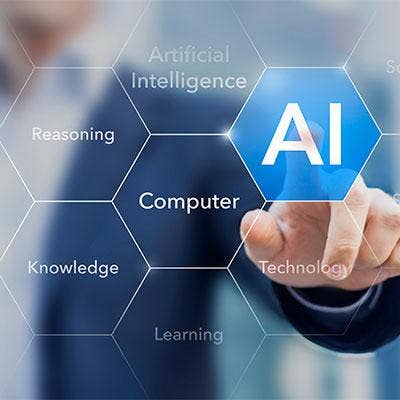
Software, Artificial Intelligence, and Machine Intelligence are The Software DNA of Innovative Companies
Software, AI and intelligent machines, Dell said, make things from automobiles to thermostats work. "Software can take everyday services online, like travel and insurance, and those products and services generate massive amounts of data, which when analyzed can be used to make those products and services even more capable and market-oriented. You write new code, and you deploy it and the cycle continues."
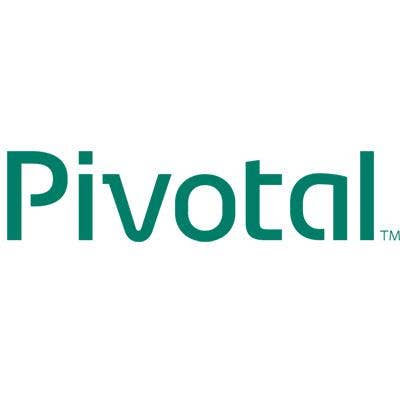
Pivotal as the Digital Transformation OS
The competition has made companies smarter, and better at putting intelligence and tools into their applications. Dell highlighted customers like Boeing and JP Morgan Chase, which have used Dell EMC's Pivotal cloud platform, he said, "to level the playing field." Pivotal Cloud Foundry, he said, "is the operating system for digital transformation and the Internet of Things." Pivotal provides software development, as well as a cloud platform, allowing companies to develop new applications and migrate legacy applications to Cloud Foundry.

You Can't Get to the Cloud Without Transforming Your IT
Businesses have data centers full of infrastructure that's been deployed over the last couple of decades, and before they can successfully carry out a cloud strategy, those data centers need to be modernized. "Done right, the savings from that IT transformation can actually fund your move to digital and cloud," Dell said, noting the company's introduction of its 14th generation PowerEdge servers, announced at the conference and set for release this summer. Dell called the latest PowerEdge line "the bedrock of the new data center." Dell also touted the companies refreshed storage portfolio, converged and hyper-converged products, data protection line and open networking portfolio, giving customers "more choice and more flexibility as you move to the software-defined data center," he said.

Technology is Driving Rapid Changes in the Workforce, and the Workplace and Vice Versa
"Work isn't a place anymore, it's an activity we perform in different ways, in different places around the world at different times," Dell said. That requires easy, secure access with any device, highlighting VMware's Airwatch, which allows devices to be secured, managed and virtualized, as well as a new PC-as-a-service offering that rolls Dell PCs, software, financing, services and support into a single product purchased on a per-month, per-seat basis.

Everything Hinges On Security
"Security transformation may be the greatest enabler or disabler of your digital ambitions, as the cost of building something intelligent approaches zero, and the number of connected devices explodes and the world becomes more connected," Dell said. More connectivity means more opportunity, Dell said, but also more risk. "We need to think differently about security, not just as a bunch of siloed products, but as a continuum," Dell said in addition to secure infrastructure, and doing advanced threat monitoring, businesses have to be able to understand why tech risks are also business risks.